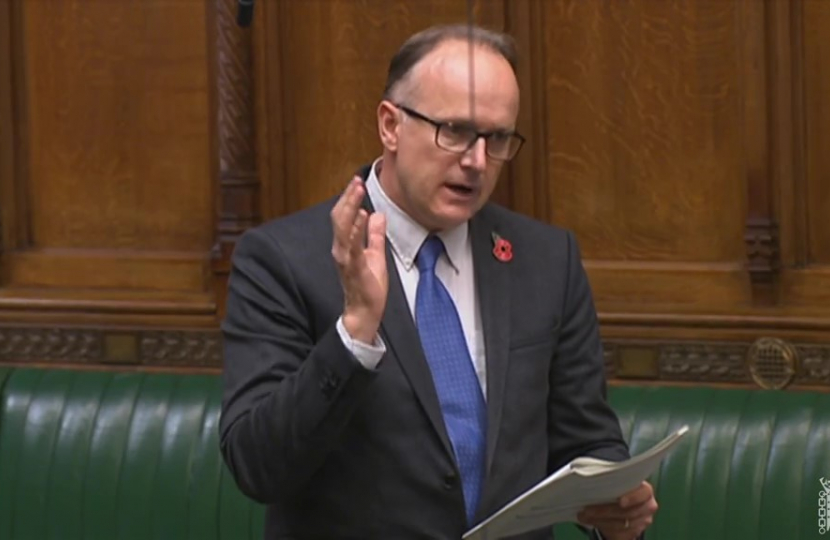
The UK government has announced its support for a moratorium on deep sea mining designed to protect the world’s oceans and improve the conservation of marine biodiversity.
Negotiations ahead of International Seabed Authority (ISA) and COP28 started this week, with the UK Government announcing its support for a moratorium on the granting of exploitation licences for deep sea mining projects – which involve the extraction of minerals such as precious metals, copper and cobalt – by the ISA.
This means the UK will not sponsor or support the issuing of any such licences until sufficient scientific evidence is available to assess the potential impact of deep sea mining activities on marine ecosystems and strong, enforceable environmental regulations, standards and guidelines have been developed and adopted by the ISA.
Dr Hudson – a veterinary surgeon and scientist – is extremely passionate about preserving our precious oceans and seas and the creatures that depend on them. As such he triggered an Environment, Food and Rural Affairs Committee Inquiry into the health status of marine mammals which face huge environmental and human challenges.
Read more about the Committee’s final report with recommendations to Government, here.
Dr Neil Hudson MP said:
“Having instigated a parliamentary inquiry into marine mammals, I cannot reinforce enough just how precarious the balance between our waters and the species that inhabit them are. Current deep sea mining practices would only serve to distort that balance, threatening these vulnerable animals and their ecosystems so I am proud to support a moratorium. The Government is doing the right thing by our precious planet with this support for the moratorium on deep sea mining.”
The UK is an international advocate for the highest possible environmental standards and has been pushing the ISA to develop strong and enforceable environmental regulations, standards and guidelines on deep sea mining.
To support this, a new UK-based environmental science expert network on deep sea mining will be launched to gather scientific data and increase the effective use of the UK’s world-class research through cross-disciplinary learning. This will build on the independent evidence review on deep sea mining carried out by independent experts following a government commission in 2022.
The network will bring together the UK’s environmental science expertise to help fill the current evidence gaps on the environmental impact of deep sea mining and share internationally.
Environment Secretary Thérèse Coffey added:
“The UK is a global leader when it comes to protecting the marine environment. That is why we will use our scientific expertise to fully understand the impact of deep sea mining on precious ecosystems; and in the meantime, we will not support or sponsor any exploitation licences.
“This work will go alongside our wider efforts to conserve and enhance precious marine habitats around the world.”
Over recent years, the UK has:
- Committed to protecting at least 30% of the global ocean by 2030 through a network of Marine Protected Areas (MPAs) and Other Effective Area-based Conservation Measures (OECMs), and driven this forward through UK-chaired Global Ocean Alliance
- Supported developing countries to protect the marine environment through projects to protect and restore habitats such as mangroves, coral reefs and seagrasses through the £500 million Blue Planet Fund
- Tackled the scourge of plastic pollution, recently consulting on a ban on wet wipes containing plastic, as part of efforts to eliminate all avoidable plastic waste by 2042
- Designated the first three Highly Protected Marine areas in English waters, enabling nature to fully recover by removing all harmful activities including fishing, construction and dredging, increasing marine biodiversity and supporting climate-resilient ecosystems to thrive
- Created a network of 178 marine protected areas across 35,000 square miles of English waters, with a commitments for 70% of designated features to be in a favourable position by 2042





